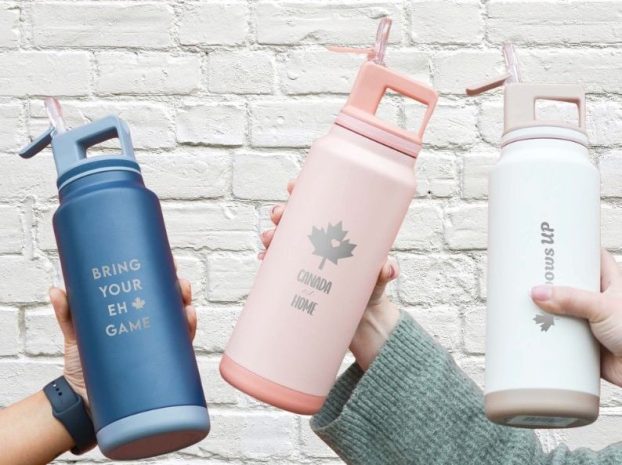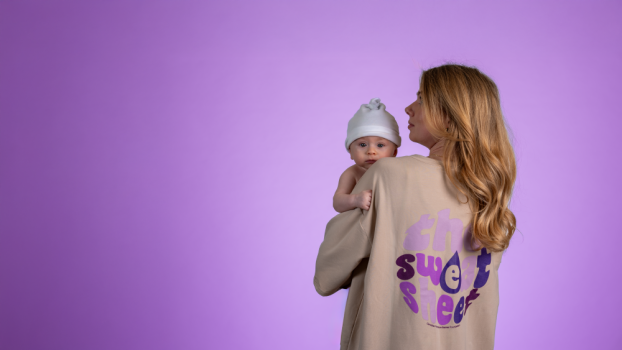‘Et tu, Iceland?’
‘Emphatically, yes.’ At least, that’s the answer Toronto’s Linsey Foods expects to hear from consumers when it launches its popular Et Tu Caesar line of salad kits there next month.
If response to the products’ previous international forays is any indication, Linsey will own the salad-kit category it invented in yet another overseas market.
The product is simplicity itself: all the ingredients you need to make a restaurant-quality Caesar salad in a box, except the lettuce. It’s perfect for the time-compressed lifestyles of North American adults but, unlike many ready-made meal products, Et Tu can make a credible claim to be healthy and fresh since its main ingredient romaine lettuce has to be bought separately. Linsey says that combination of quick, light and nutritious is very exportable; you just have to find a committed domestic partner.
‘We like the people who distribute our products overseas to have a stake in the business and have expertise in their particular market,’ says Mike Davidson, Linsey’s director of marketing. ‘We know what works in North America, but we want people who know the market to take local ownership of the product.’
Davidson says the customer profile is essentially the same everywhere: career women with above-average income and education, mostly with families, who travel and eat in restaurants enough to know a good Caesar salad when they taste it.
Iceland isn’t the first country that comes up when hot foreign markets are being discussed, but Davidson says Linsey generates an eclectic mix of leads through its involvement with the Produce Marketing Association (pma) and the fmi trade show in Chicago where the Icelandic opportunity first reared its head. A deal to enter the Swedish market is imminent, while Israel, Kuwait and other Arab Emirate nations are also being targeted. Et Tu Caesar is already sold in Canada, the u.s., the u.k., Australia, Holland, Belgium and Mexico. In fact, overseas sales account for about 20% of the business, according to Davidson.
Branding remains the same in all countries, though the packaging text is always translated to the local lingo.
Boxed salad kits are strictly a North American phenomenon pioneered by Linsey, says Davidson, so competition in foreign countries comes from bottled dressings. Without a head-to-head competitor, Linsey can rely on smart merchandising to make itself known to consumers.
‘We haven’t supported any market outside of North America with advertising at this point,’ says Davidson. ‘We rely on outstanding merchandising, getting the product in produce, close to the romaine lettuce, and on in-store demonstrations in the initial stages.’
The launch into new markets follows a package redesign by Toronto-based Thomas Pigeon Design. The original packaging, featuring a salad photographed in an old wooden salad bowl, hadn’t changed since the product was first released in 1988, and relied on what Pigeon himself calls ‘stale dated, two-dimensional photography.’ As sales increased, the brand line expanded from the original Et Tu Caesar kit to the current line of Greek, Italian and Golden Honey Dijon kits, so the company decided it needed an identity that suited the new reach and sophistication of the brand. On the new packages, the salad is photographed from a higher angle, and the name of the variety Greek, Caesar, etc. is more prominent.
‘The graphic design system, which was fine for the original product, had been usurped by the other ready-made products like President’s Choice, and grossly under-promised what was inside,’ says Pigeon.























